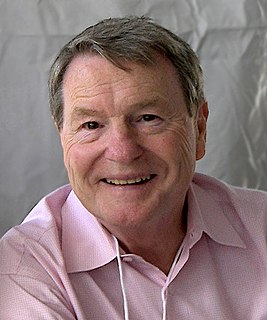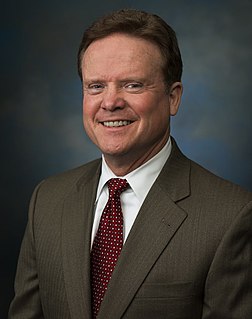A Quote by Roy Blunt
If we're going to talk about economic fairness, or about fairness, one of the most pressing economic issues facing families, seniors, and job creators in Missouri and across America is the strain of skyrocketing gas prices.
Related Quotes
Well, I don't know about objectivity, but I know for certain that it's always possible for a professional journalist who understands what he or she's up to to be fair, and that's the key word. Fairness to individuals, fairness to ideas, and to issues and whatever - that is critical, and that is also part and parcel of what the job.
The economic distress of America's inner cities may be the most pressing issue facing the nation. The lack of businesses and jobs in disadvantaged urban areas fuels not only a crushing cycle of poverty but also crippling social problems such as drug abuse and crime… A sustainable economic base can be created in the inner city, but only as it has been created elsewhere: through private, for-profit initiatives and investment based on economic self-interest and genuine competitive advantage.


































